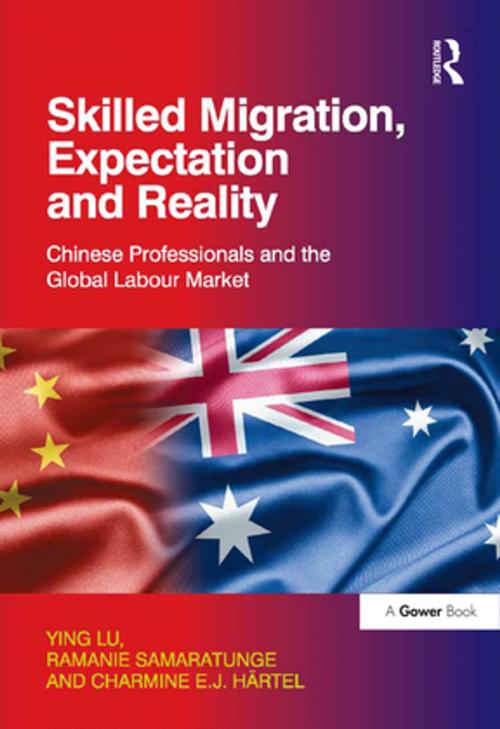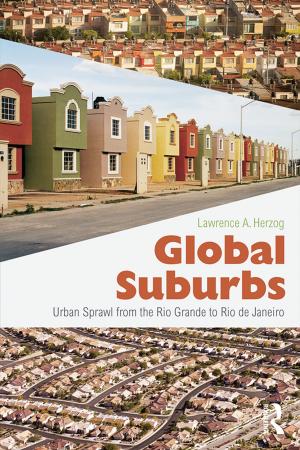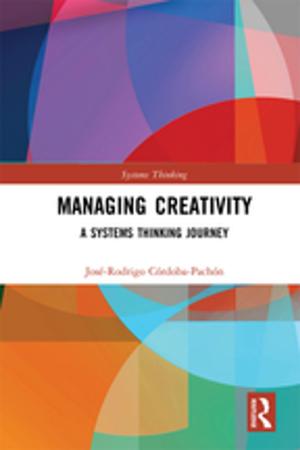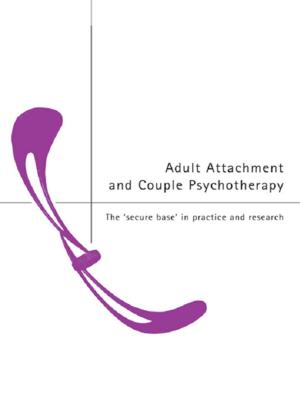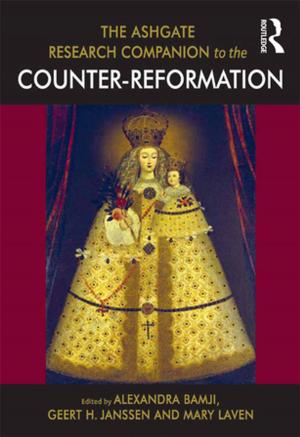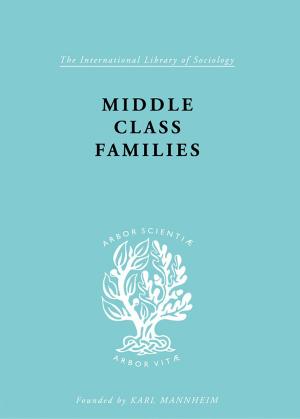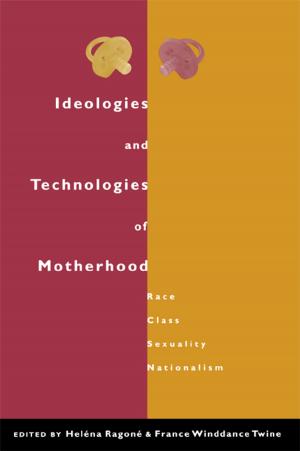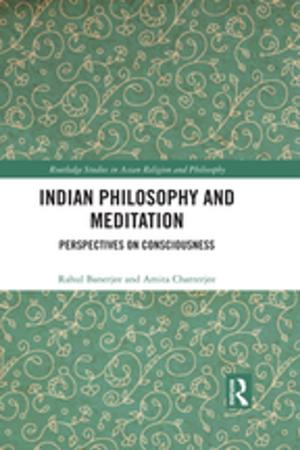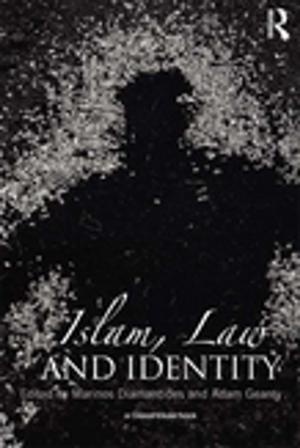Skilled Migration, Expectation and Reality
Chinese Professionals and the Global Labour Market
Nonfiction, Social & Cultural Studies, Social Science, Cultural Studies, Emigration & Immigration, Business & Finance, Human Resources & Personnel Management| Author: | Ying Lu, Ramanie Samaratunge | ISBN: | 9781317054511 |
| Publisher: | Taylor and Francis | Publication: | April 1, 2016 |
| Imprint: | Routledge | Language: | English |
| Author: | Ying Lu, Ramanie Samaratunge |
| ISBN: | 9781317054511 |
| Publisher: | Taylor and Francis |
| Publication: | April 1, 2016 |
| Imprint: | Routledge |
| Language: | English |
Many governments seek to attract skilled migrants into the top occupational groups and now have significant groups of overseas-born professionals in their workforces. Such groups are expected to contribute significantly to the economic and social development of their new countries. There has been sustained debate between those taking the view that skilled migrants are integrated without much difficulty and those concerned that a mismatch between aspirational government policies and actual organisational practice generates discontent and frustration among skilled immigrants. If the latter is correct, it seems likely that host societies will not benefit from the injection of human capital in terms of creativity and innovation. In Skilled Migration, Expectation and Reality the authors report the findings of their research into the acculturation and integration issues confronting professional Chinese immigrants in the Australian labour market. Australia serves as a good example of the phenomenon under examination, being a country where Chinese are one of the largest non-English speaking ethnic groups and where they are strongly concentrated in the top occupational groups. The authors’ rigorous quantitative and qualitative study is one of the first systematic examinations of acculturation to focus specifically on the workplace. It reveals fascinating insights regarding the strategies that professional immigrants are compelled to adopt because they are unable to find appropriate channels through which to integrate and assimilate into the host society.
Many governments seek to attract skilled migrants into the top occupational groups and now have significant groups of overseas-born professionals in their workforces. Such groups are expected to contribute significantly to the economic and social development of their new countries. There has been sustained debate between those taking the view that skilled migrants are integrated without much difficulty and those concerned that a mismatch between aspirational government policies and actual organisational practice generates discontent and frustration among skilled immigrants. If the latter is correct, it seems likely that host societies will not benefit from the injection of human capital in terms of creativity and innovation. In Skilled Migration, Expectation and Reality the authors report the findings of their research into the acculturation and integration issues confronting professional Chinese immigrants in the Australian labour market. Australia serves as a good example of the phenomenon under examination, being a country where Chinese are one of the largest non-English speaking ethnic groups and where they are strongly concentrated in the top occupational groups. The authors’ rigorous quantitative and qualitative study is one of the first systematic examinations of acculturation to focus specifically on the workplace. It reveals fascinating insights regarding the strategies that professional immigrants are compelled to adopt because they are unable to find appropriate channels through which to integrate and assimilate into the host society.
